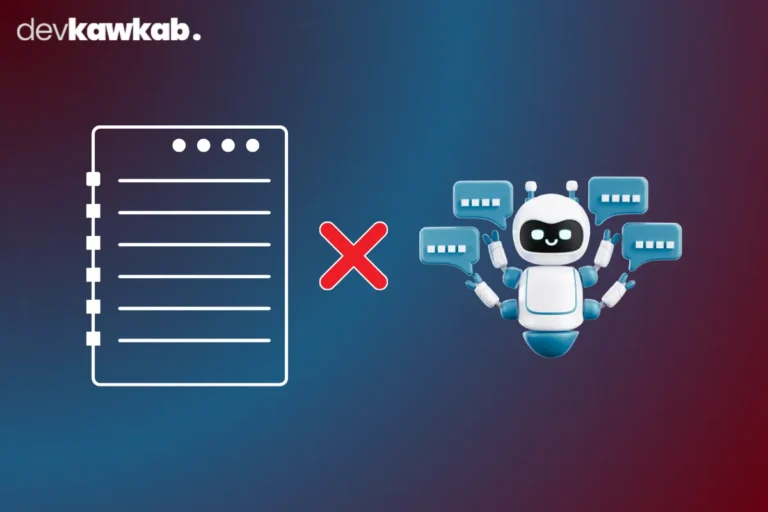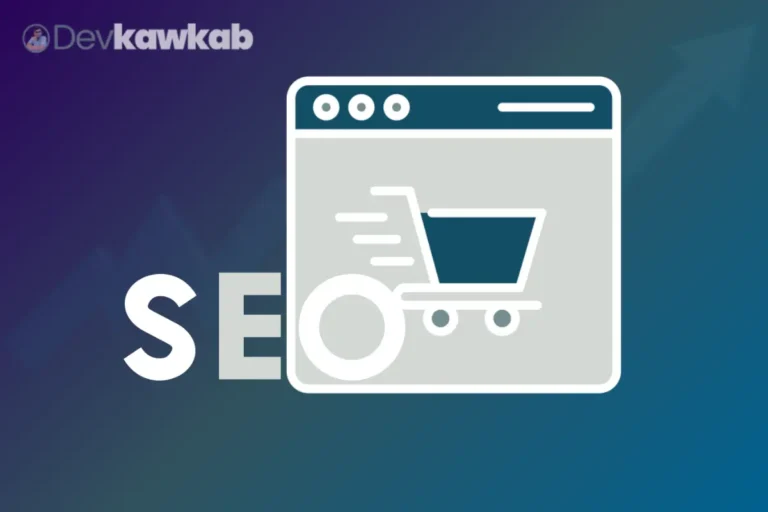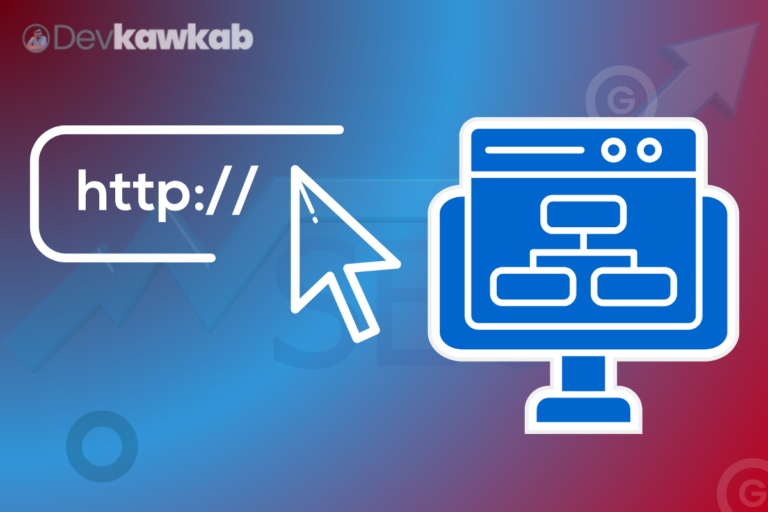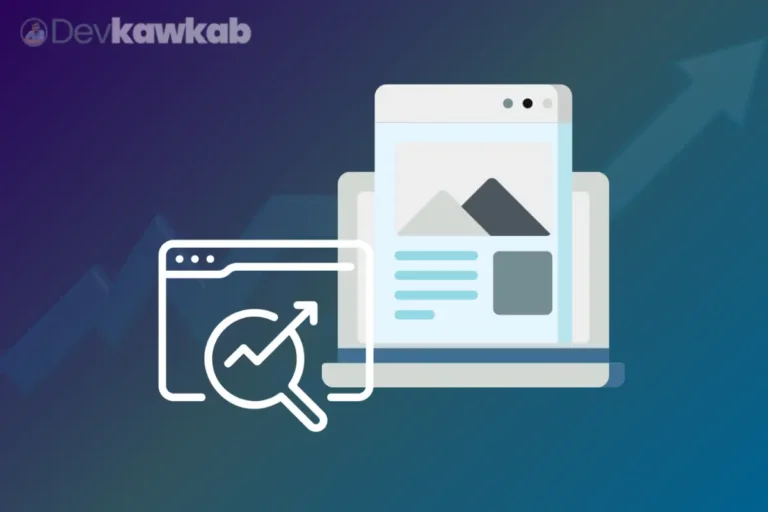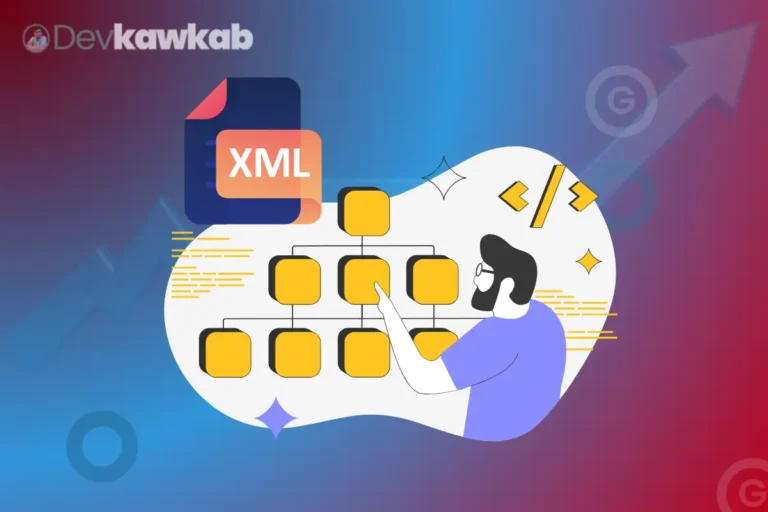Want to know why on-page SEO needs regular attention? As search engines evolve and user behavior changes, keeping your website optimized becomes essential for staying competitive. Ignoring routine updates can lead to missed ranking opportunities and a poor user experience, which could hurt your visibility.
Maintaining higher rankings, boosting user engagement, and adapting to algorithm changes are crucial for effective on-page SEO.
From refreshing content to updating meta tags and internal links, each update contributes to better performance and relevance in search results.
In this guide, you’ll learn how to:
- Update on-page SEO to boost rankings
- Optimize content for fresh search results
- Adjust to algorithm changes seamlessly
- Refresh meta tags and internal links effectively
You’ll grasp how regular SEO updates can elevate your site’s performance. Let’s dive in!
Read More – Why is On-Page SEO Vital for Small Websites?
Why Update On-Page SEO Often?
Updating on-page SEO often is critical for maintaining and improving your website’s performance in search results.
As search engines evolve, the rules of SEO shift, making regular updates crucial for staying relevant.
Keeps Up with Algorithm Changes
Frequent updates ensure that your site complies with the latest Google algorithm changes.
Search engines like Google make several updates each year, and adapting to these changes can prevent penalties and ranking drops.
Improves Content Relevance
Regular SEO updates keep your content fresh and relevant to your audience. This can lead to higher engagement rates, as updated content better matches current user search intent.
Read More – Is On Page Seo Is Foundation Of SEO?
How Do Frequent On-Page SEO Changes Affect Rankings?
Frequent SEO adjustments can significantly impact your website’s ranking. Regularly improving your on-page SEO creates opportunities for search engines to re-evaluate your content.
Signals Search Engines
Every time you update your content, search engines re-crawl your website.
This signals to them that your site is active, which can lead to improved rankings, especially if your updates are aligned with the latest SEO trends.
Boosts Ranking Stability
Constant improvements reduce the risk of sudden ranking fluctuations caused by competitors or algorithm updates.
Refining your On-page SEO keeps your presence stable in SERPs, helping you skill those annoying ranking dips.
Enhances Keyword Performance
Optimizing keywords and adding long-tail phrases regularly ensures that your site ranks for more diverse and up-to-date search terms.
Why Adjust On-Page SEO for Algorithm Updates?
Search engine algorithms continuously evolve to improve the quality of search results. Adjusting your SEO strategy to align with these updates can give you a competitive edge.
Adapts to New Ranking Factors
Google often introduces new ranking factors such as page speed, core web vitals, or user experience metrics.
Regular updates ensure your site meets these new criteria.
Prevents Ranking Loss
Failure to adjust on-page SEO after a significant algorithm update can result in lost rankings. Staying updated helps protect your site from penalties.
Optimizes for Featured Snippets
Recent changes prioritize featured snippets, which provide quick answers to user queries. Optimizing for these snippets can dramatically improve visibility and click-through rates.
How Does Fresh Content Boost On-Page SEO?
Fresh content plays a vital role in on-page SEO success. It not only improves your rankings but also increases user engagement and relevance.
Increases Crawling Frequency
Search engines like Google favor fresh content, crawling websites more frequently that post updates regularly.
This increases the chances of your content being indexed faster and ranked higher.
Attracts More Traffic
Keeping your content relevant and fresh is a surefire way to attract more traffic.
Fresh content improves the relevance of your pages, aligning with the current search intent of users.
Improves Engagement Metrics
Up-to-date content typically improves engagement metrics like dwell time and bounce rates.
Users are more likely to stay on your page and explore more content when they find it relevant to their needs.
Why Is User Behavior Key to On-Page SEO Updates?
User behavior plays a significant role in determining the success of your on-page SEO strategy. Tracking how users interact with your site can inform future updates.
Informs Content Adjustments
Understanding bounce rates, time on page, and click-through rates can help identify areas for improvement.
If users are leaving your page quickly, it may indicate a need for better content or faster loading times.
Aligns with Search Intent
Monitoring user behavior helps you adjust your content to match search intent more closely.
Pages that reflect user engagement meet expectations and can significantly boost your rankings.
Improves User Experience
User behavior data allows you to improve the overall user experience by identifying navigation issues, content gaps, or mobile usability problems.
Tackling these issues boosts your site’s performance.
Why Refresh Meta Tags Regularly?
Meta tags, including the title tag and meta description, are vital components of on-page SEO. Regularly refreshing these tags can significantly impact your site’s click-through rates and rankings.
Keeps Content Aligned with Search Intent
Refreshing meta tags ensures they are aligned with the current search intent.
Search terms evolve, and your meta tags should reflect those changes to stay relevant in search results.
Increases Click-Through Rates
An optimized meta description that is updated regularly can increase click-through rates (CTR).
Clear, compelling meta tags encourage users to click on your link instead of competitors’.
Improves Relevancy Signals
Revising meta tags signals to search engines that your content is relevant, which helps improve your rankings.
How Does Keyword Updating Improve On-Page SEO?
Keyword trends are constantly evolving, and regular keyword updates are essential to stay competitive in search rankings.
Adapts to New Search Terms
Updating target keywords keeps your site aligned with the latest search trends, ensuring better rankings for current terms.
Users’ language and phrasing may change, and optimizing for those new terms can boost visibility.
Expands Keyword Reach
Incorporating new long-tail keywords helps capture more specific queries, increasing the chances of ranking for niche search terms.
Avoids Keyword Cannibalization
Continuously updating keywords helps you prevent keyword cannibalization, ensuring that your pages don’t compete for the same terms.
Regular updates ensure each page targets unique keywords.
Why Monitor Competitors for On-Page SEO?
Monitoring your competitors can provide insights into new strategies and opportunities for improvement.
Identifies Gaps in Your Strategy
Competitor analysis helps you spot gaps in your own on-page SEO.
Comparing your site with competitors reveals where they excel, like optimized keywords and engaging content that attract more visitors.
Helps You Stay Competitive
Keeping an eye on competitor rankings allows you to adjust your SEO efforts to stay ahead. If a competitor is gaining traction, analyzing their strategy can reveal what’s working for them.
Keyword Strategy
Analyzing your competitors’ keyword usage can uncover new opportunities to optimize your content.
Identifying the keywords driving traffic allows for refining your keyword strategy effectively.
Top of Form
How Does Updating Internal Links Help On-Page SEO?
Internal linking is a critical factor in on-page SEO, and updating these links regularly can improve the overall performance of your website.
Distributes Page Authority
Internal links help distribute page authority across your site.
Updating these links ensures that newly created or updated pages receive the authority they need to rank higher in search results.
Improves Crawlability
Regular updates to internal links improve the crawlability of your website.
Search engine bots can discover and index your content more effectively when your internal linking structure is optimized.
Boost User Experience
Well-maintained internal links provide a better user experience, guiding users to relevant content and keeping them engaged on your site longer.
For fast internal linking setup, you can try Link Whisper or new internal linking master LinkBoss.
Why Review Technical SEO For On-Page Improvements?
Technical SEO is the foundation of a well-optimized website.
Keeping technical elements in check guarantees your site stays fast, secure, and user-friendly.
Optimizes Page Speed
Technical updates often include improving page speed, which is a crucial ranking factor. Faster-loading pages lead to better user experience and improved rankings.
Ensures Mobile Friendliness
With more users accessing sites from mobile devices, ensuring your website is mobile-friendly is key to retaining traffic. Regular technical reviews help you spot and fix mobile usability issues.
Fixes Crawl Errors
Frequent checks for crawl errors help ensure that search engines can properly index your site.
Regularly updating technical SEO helps maintain site health and avoid ranking penalties.
Conclusion
Regularly updating on-page SEO is crucial for staying competitive in search rankings. Frequent updates keep your site in sync with the latest algorithm changes, ensuring improved user engagement.
From updating keywords to refreshing meta tags and internal links, each adjustment plays a role in boosting your site’s performance. These improvements also help you adapt to changing search trends and user behavior.
In the end, consistent on-page SEO updates keep your website relevant, optimized, and ready to rank higher in search results.

